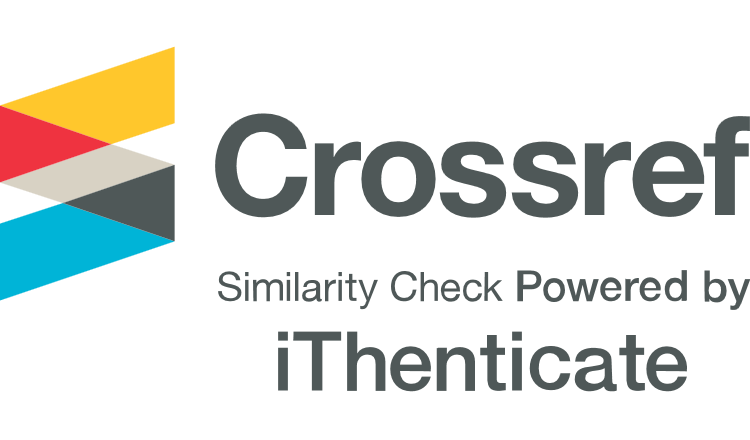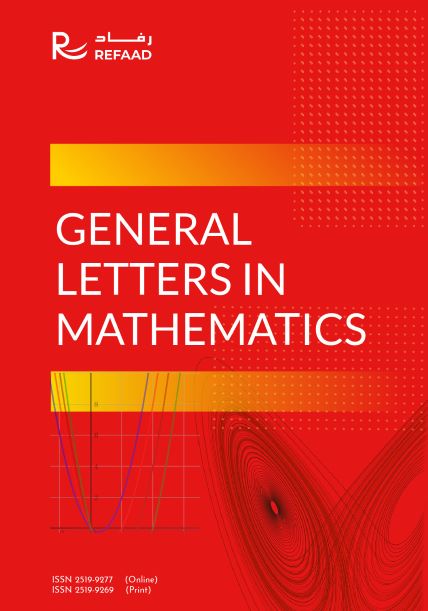General Letters in Mathematics (GLM) is a peer-reviewed, open access journal dedicated to publishing original research papers across all areas of mathematics. Published quarterly by Refaad, GLM aims to provide a prestigious platform for disseminating significant mathematical findings. While the journal is committed to highlighting contributions from mathematicians in the Middle East and Arab countries, it also welcomes high-quality submissions from researchers worldwide.
50 (Days)
Median time to first decisionModelling and Forecasting the Impact of Exchange Rates, Public Debt, and Tourism Inflows on Kenyas Economic Growth Using Machine Learning Techniques
Accurate forecasting of Gross Domestic Product (GDP) growth is vital for effective economic planning, particularly in structurally volatile economies like Kenya. This study investigates the effectiveness of machine learning (ML) models in forecasting Kenyas GDP growth and compares their performance with ...
Multiscale Fractal-Crack Interaction in Orthotropic Plates on Fractional Foundations Using Extended Finite Element Method and Fox H-Functions
Cracked orthotropic plates resting on viscoelastic foundations exhibit complex dynamic responses due to the simultaneous influence of nonlocal elasticity, memory-dependent damping, and displacement discontinuities. Conventional models often fail to capture these effects in a unified manner, particularly ...
Application of Toeplitz five-band monotone convergent boundary value method for numerical solution of fourth-order boundary value problems
This paper presents the development and analysis of a Toeplitz five-band monotone convergence boundary value method for the numerical solution of fourth-order boundary value problems (BVPs). The proposed approach is constructed by assembling linear multistep schemes into a block framework, derived systematically ...
Testing normality for residuals in multivariate regression
In multivariate regression analysis, it is commonly assumed that the residuals follow a multivariate normal distribution. However, this assumption is often violated in practice due to issues such as heteroscedasticity, outliers, or skewness. To address these violations, researchers frequently apply transformations ...
Sharp Geometric Inequality Estimation On Submanifolds in (LCS)n-manifolds Under the Infinitesimal CL-transformation
In this article, we investigate the submanifold of an (LCS)n manifold ¯L under the infinitesimal CL-transformation. Then, given a submanifold of an (LCS)n manifold ¯L under the infinitesimal CL-transformation, we derive the generalized Wintgen inequality. We compute curvature identities and ...
Approximating P-values of Change Point Martingale Test Statistics in AR (1) Series
One of the most widely used models in financial economics is the first-order autoregressive 𝐴𝑅 (1) time series. This model is used in modeling stock returns, inflation, and stress testing studies of many banking risks. Due to changing economic conditions in countries, the parameters of this model change ...




.png)